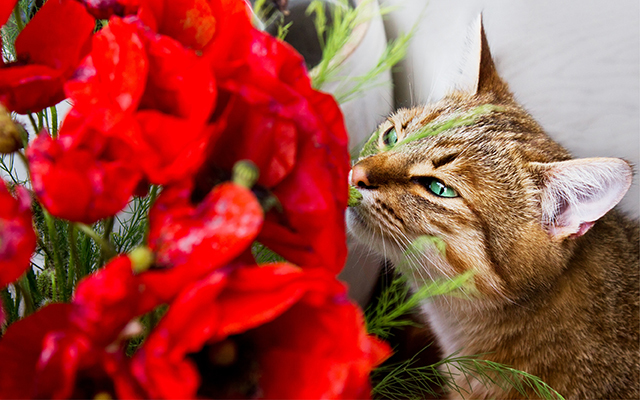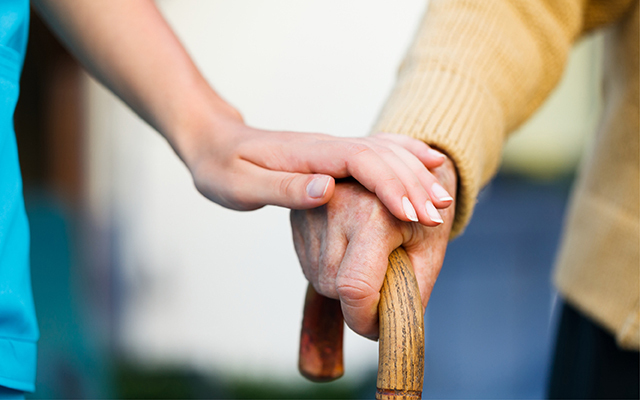My Lovely Wife and I share our home with three cats, one of which decided awhile back that none of the four pans of cat litter in the basement laundry room is quite adequate for depositing his daily contribution of solid waste. I’m reminded of this fact whenever I’m greeted at the top of the basement stairs by a certain familiar stench.
If there were such a thing as a feline psychologist, I would make an appointment for this four-legged housemate, but there isn’t, so I’m forced to hold my nose and clean up the deposit, hoping that someday this particular neurosis will pass. There is an upside, however: It reminds me that I may not be scheduled for a premature death.
University of Chicago researchers last week released the results of a study suggesting that geezers who are losing their sense of smell — and their other four senses — face longer odds on the longevity front. Having lost some of my senses (not to mention whatever common sense I once could claim) in recent years, I couldn’t help but pay attention.
Jayant Pinto, MD, and his team followed more than 3,000 folks between the ages of 57 and 85 for five years to see how declines in vision, hearing, taste, smell, and touch affected morbidity. They found that those with sensory loss were more likely to suffer physical and cognitive disabilities than those who maintained their senses.
They’re not completely sure, however, why this is the case. Pinto seems to think it has something to do with growing old. “There appears to be one or more specific physiological processes of aging — so far unidentifiable — that account for how the five senses decline together,” he said in a statement released by the university.
One of Pinto’s colleagues, Martha McClintock, PhD, points to inflammation and cellular senescence as the probable culprits. Whatever it is, she noted, “this mechanism is predictive of getting sick.”
Pinto has been working on this conundrum for several years. In February 2016 he published a study in the Journal of the American Geriatrics Society asserting that 94 percent of older Americans suffer from at least one age-related sensory loss.
The taste buds seem to go first, Pinto found. Almost half of the study participants reported a poor sense of taste, outdistancing those who complained of a poor sense of touch (31.8 percent), faulty vision (6.1 percent), hearing troubles (5.3 percent), and a reduced sense of smell (3.5 percent). Olfactory difficulties, he noted, predicted premature mortality more accurately than heart disease or cancer.
I guess that means I should start worrying when I no longer notice the cat-produced aroma wafting up from the laundry room, but otherwise it seems to me that Pinto’s gone to a whole lot of trouble to point out the obvious: Aging takes its toll on the body and brain. I’ve been wearing glasses for 40 years; my ears began to malfunction a decade ago. I wouldn’t even know how to measure touch or taste.
And that seems to be part of the challenge for Pinto and his team. As McClintock puts it, “People’s sense of how good their senses are is not very good.”
While that may very well be true, I’m not convinced that such measurements are particularly helpful as a hedge against an early grave. As Pinto’s research seems to indicate, it’s all about the aging process — you get old, your body changes. You deal with it as best you can. To me, that’s just common sense.




This Post Has 0 Comments